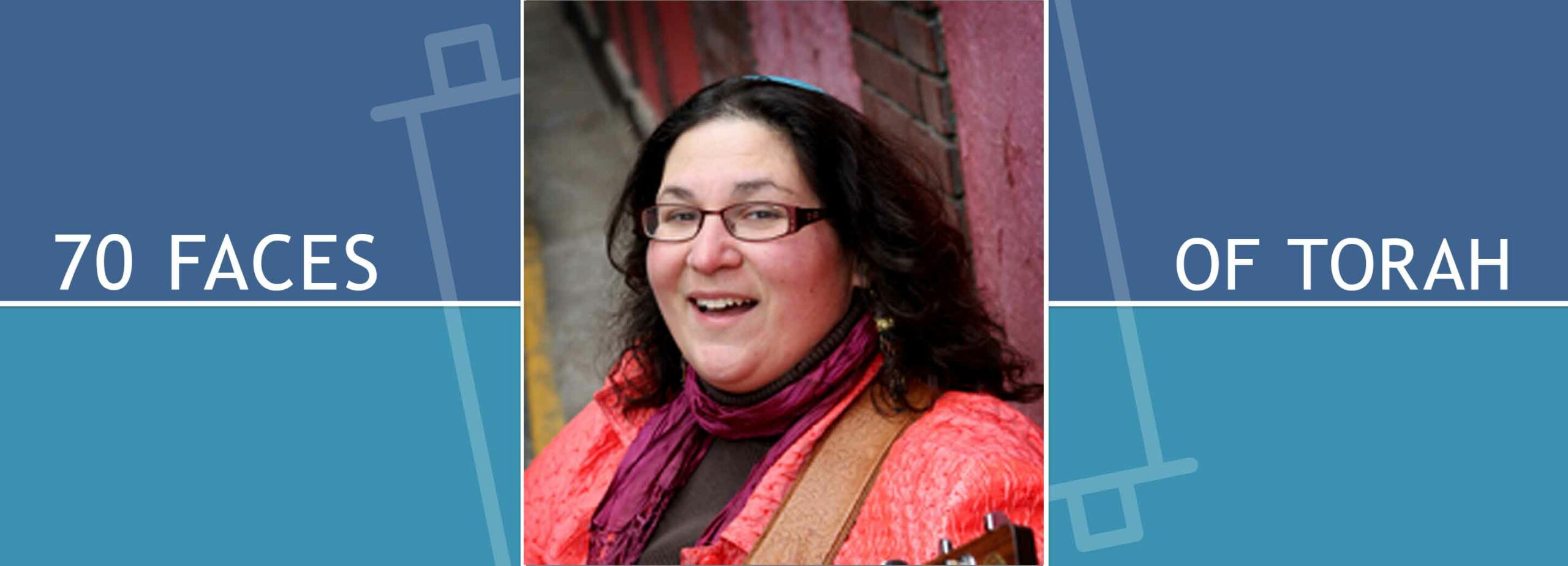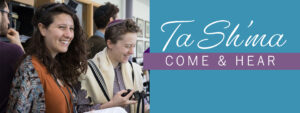Deuteronomy Go for the blessing every time!

Parshat Re’eh (Deuteronomy 11:26 – 16:17)
There is a wildlife refuge near my parents’ home on Long Island that has a population of chickadees that are not so wild anymore. That is, they are tame enough that if you fill your hand with birdseed and stand very still they will flit over and pick the food (sunflower seeds are favored) right out of your palm. Once when we were children, a number of decades ago, we were walking in the refuge with our birdseed and noticed that my younger brother, perhaps seven at the time, had stopped on the path and was standing very still with both of his hands extended at his sides. One hand was full of birdseed and the other hand was empty. When we asked what he was doing, my brother said, “I’m doing an experiment. They go for the hand with the food every time!”
This became a family story because, at the time, it seemed such an odd combination of clever and ridiculous. On the one hand, how cute was it that my seven year old brother was “doing an experiment?” On the other hand, how stupid did a bird have to be to try to eat birdseed from an empty palm?!?
But the longer I carry this story with me, the more poignant I find it. Because, when I look at my own life and at the lives of those around me, I see so many many moments when we too have had a clear-as-day choice about what would be nourishing for us and what would prove to be empty and we have failed to make the right choice. We’ve failed to set healthy boundaries, saying “yes” when our hearts knew the answer should be “no.” We’ve denied ourselves both simple pleasures and deeply needed self-care out of a sense of being undeserving. We’ve done simply what’s expected of us, instead of what our souls knew to be right, because of fears of “making waves.” In other words, we’ve been the “birdbrains” while these tiny birds just go for the hand with the food every time.
The Torah is similarly concerned with our abilities to choose wisely. This week’s Torah portion opens with the exhortation: “See! I have set before you blessing and curse.” The next verse explains that blessing comes from hearing God’s mitzvot (commandments). The implication here is that our failure to do the right thing has everything to do with our perception, our ability to see and hear clearly the starkness of the choices before us.
In the world of spiritual reflection, this would be described as an issue of “discernment.” And discernment, especially when the freedom of our choices is hemmed in by habit, cultural norms, and actual oppressive structures, is no easy feat. Still, our tradition, and our lives demand that we engage in this work of taking the time to truly see and hear: Which is the blessing and which is the curse? Which hand has the food and which is empty?
In the Jewish calendar there is no better time for this work than now. We read these words of Torah just as we are beginning the Hebrew month of Elul: a time for reflection on our lives and our world in the last weeks leading up to Rosh HaShana and Yom Kippur. We are given the opportunity to look back at the past year and try to see where we have made choices that were right for us and where have we been busily pecking at emptiness. And from this examination we can, hopefully, reset our intention to choose blessing in the year to come.
Re’eh is a Torah portion rich with mitzvot of ritual, ethical, and spiritual significance; it deals with with kashrut and other issues of “right eating,” as well as the shmita (sabbatical) year, the treatment of servants and slaves, and the imperative to care for the needy among us. In the end it reiterates the calendar of the three yearly pilgrimage festivals (Passover, Shavuot, and Sukkot). And in the description of the essence of these pilgrimages, we find a fitting bookend to exhortation to “See!” that opens our Torah portion. Here (Deut. 16:16-17) we are commanded to be seen before Adonai our God. Opening our own eyes to see the choices before us allows us to truly show up in the Divine Presence. And we are told not to come empty-handed but instead to come with our own particular gift “according to the blessing that Adonai your God has given you.” Discerning where blessing lies allows us to fill our own hands with blessings to share with God and with the world.
Minna Bromberg is a singer, songwriter, rabbi, and voice teacher who lives in Jerusalem. Ordained in 2010 at the Rabbinical School of Hebrew College, she currently runs the school’s Year-in-Israel Program for rabbinical students.


